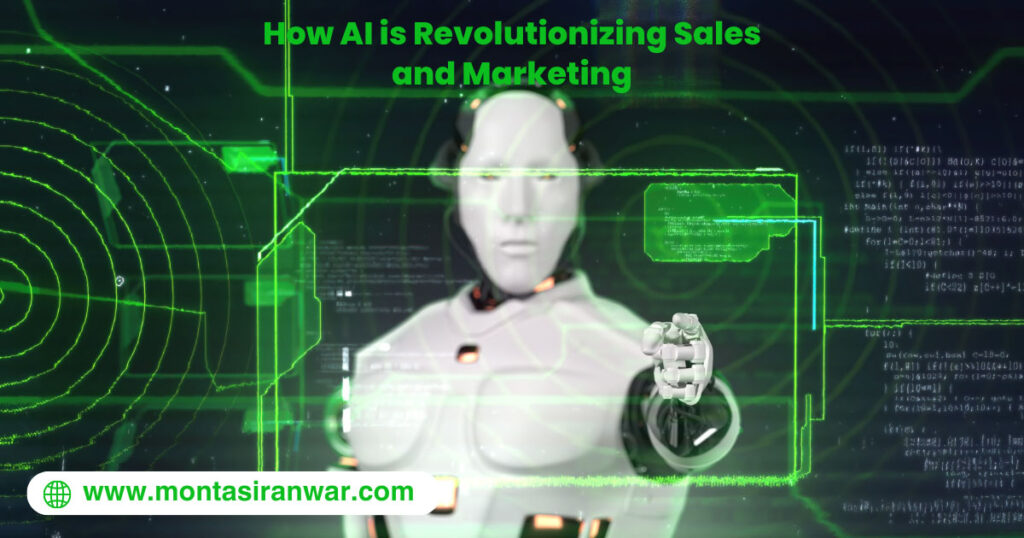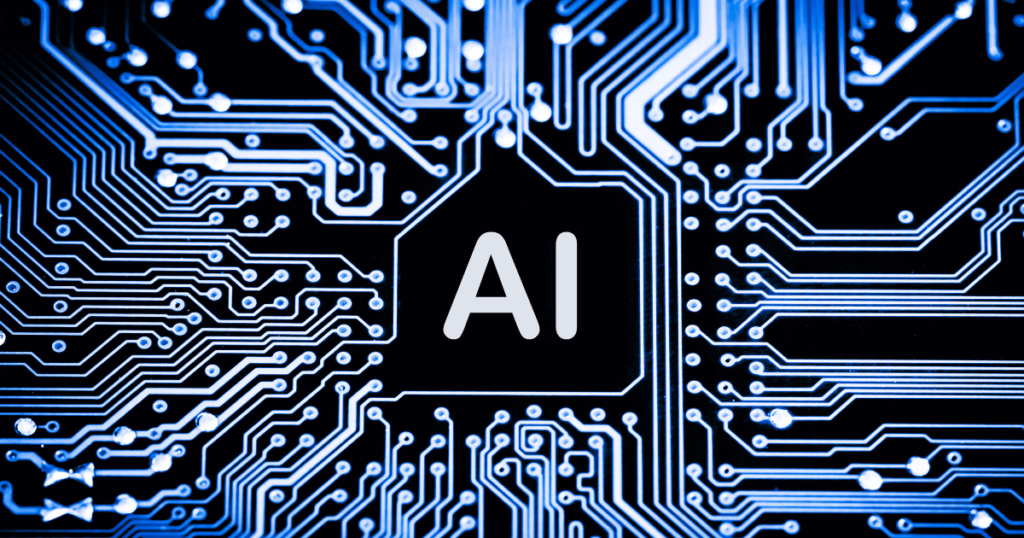
The Day AI Closed the Deal
Imagine this: Sarah, a sales executive at a fast-growing SaaS company, has been struggling to meet her monthly targets. Every day, she spends hours sifting through leads, sending follow-up emails, and analyzing customer data. But despite her efforts, the results are inconsistent. Then one day, her company implements an AI-driven sales tool. Overnight, everything changes.
Her emails become personalized without lifting a finger, leads are automatically scored based on past behavior, and an AI chatbot even schedules meetings for her. Within weeks, her conversion rates skyrocket. What seemed like an uphill battle is now a smooth, automated process—thanks to AI.
How AI is Transforming Sales and Marketing
Sarah’s story isn’t unique. Across industries, AI for sales and marketing is changing how businesses operate, making processes more efficient, data-driven, and personalized. But how exactly does AI accomplish this? Let’s dive in.
1. AI for Sales Prospecting
Traditional prospecting involves manually searching for potential customers, which can be time-consuming and hit-or-miss. AI marketing tools analyze massive datasets to identify patterns, behaviors, and customer characteristics, ensuring sales teams focus on the most promising leads.
2. AI Sales Forecasting
Companies can now use AI-powered marketing analytics to predict future sales trends. By analyzing historical data and current market conditions, AI helps businesses optimize inventory, staffing, and budgets, reducing guesswork and maximizing revenue.
3. AI for Lead Generation
AI for lead generation automates the process of finding new customers. Platforms like Drift use intelligent chatbots to capture leads directly from a company’s website, ensuring no potential customer slips through the cracks.
4. Sales Automation
McKinsey & Company reports that 30% of sales tasks can be automated with existing AI technology. AI sales automation tools handle repetitive tasks like lead scoring, email follow-ups, and customer segmentation, freeing sales reps to focus on closing deals.

5. AI-Powered Content Creation and Personalization
Generative AI helps create tailored marketing content, from personalized email campaigns to customized proposals. AI personalized marketing ensures each interaction feels uniquely crafted, increasing engagement and conversion rates.
6. AI Data Analysis for Smarter Decisions
One of AI’s biggest advantages is its ability to process vast amounts of data in real time. AI-driven sales insights help businesses identify trends, track customer behavior, and optimize marketing strategies with precision.
7. AI in Sales Calls and Lead Scoring
With AI’s natural language processing (NLP), tools like Gong transcribe and analyze sales calls, providing insights into customer needs and objections. AI-enhanced lead scoring evaluates and prioritizes prospects based on their behavior and engagement, ensuring sales teams invest their time wisely.
AI Tools Powering Sales and Marketing Success
- Salesforce Einstein: Automates data entry, sales forecasting, and customer behavior analysis.
- Gong: Transcribes and analyzes sales calls to improve pitch effectiveness.
- Drift: Uses AI chatbots to qualify and capture leads in real time.